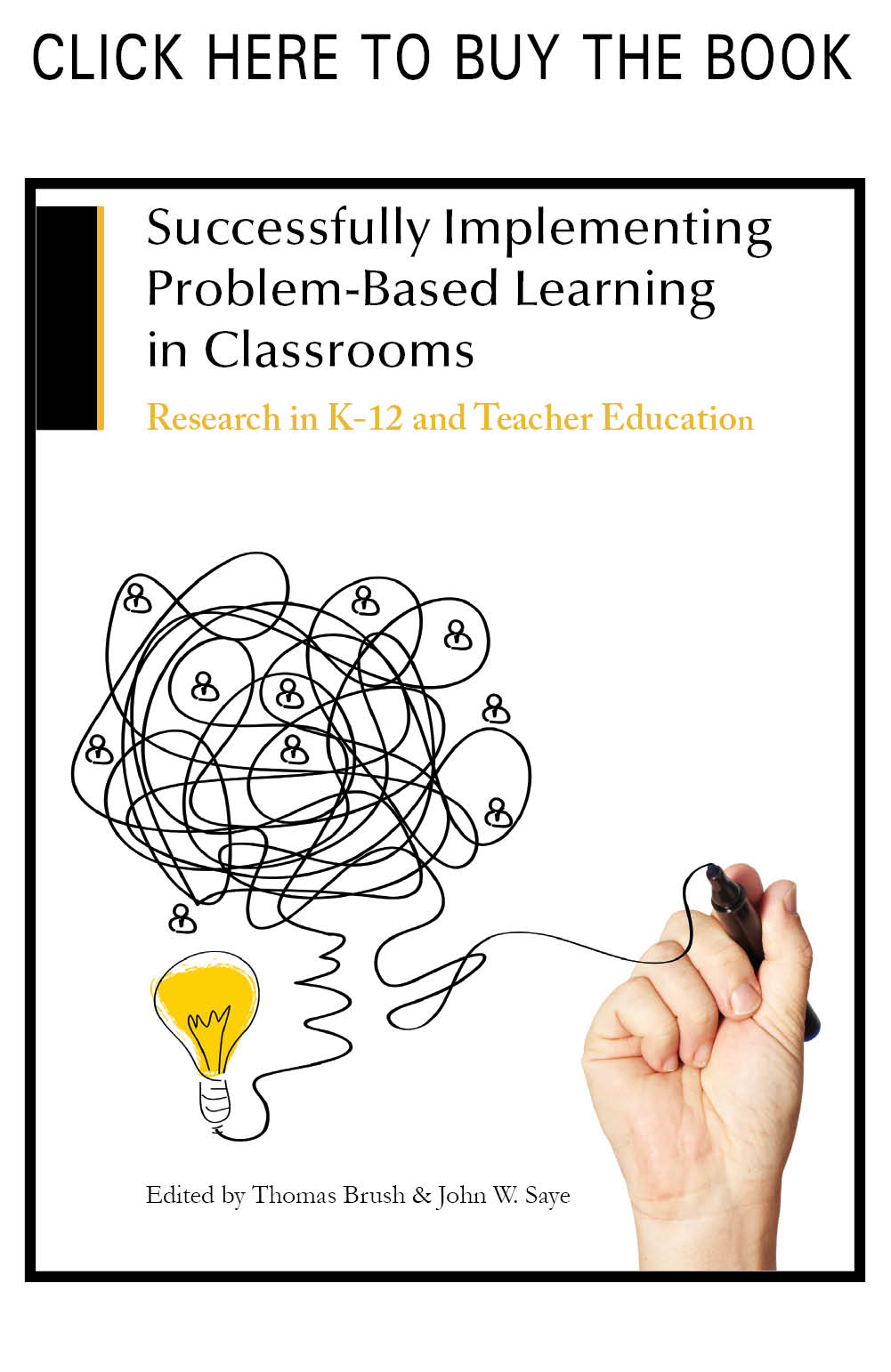Abstract
Problem-based learning (PBL) has been utilized for over 40 years in a variety of different disciplines. Although extensively researched, there is heated debate about the effectiveness of PBL. Several meta-analyses were conducted that provided a synthesis of the effects of PBL in comparison to traditional forms of instruction. This study used a qualitative meta-synthesis approach to compare and contrast the assumptions and findings of the meta-analytical research on the effectiveness of PBL. Findings indicated that PBL was superior when it comes to long-term retention, skill development and satisfaction of students and teachers, while traditional approaches were more effective for short-term retention as measured by standardized board exams. Implications are discussed.
Recommended Citation
Strobel, J.
,
&
van Barneveld, A.
(2009). When is PBL More Effective? A Meta-synthesis of Meta-analyses Comparing PBL to Conventional Classrooms. Interdisciplinary Journal of Problem-Based Learning, 3(1).
Available at: https://doi.org/10.7771/1541-5015.1046




